Guide to buying
Guide to Buying with Mark Kelly Property
Buying a property is a significant decision, and at Mark Kelly Property, we are here to guide you through every step of the process. From finding the right home to completing the final details, we provide expert advice to make your buying experience as smooth and straightforward as possible.
Why Choose Mark Kelly Property?
At Mark Kelly Property, we pride ourselves on providing a seamless, stress-free buying experience. With in-depth local knowledge and years of expertise, we are here to support you in every aspect of your journey to finding the perfect home.
Ready to start your property search? Contact us today for personalised assistance.

Guide to buying
1. Defining Your Needs
Before starting your search, it’s essential to know what you’re looking for. Consider:
Essential Features: Identify any must-haves, such as the number of bedrooms or outdoor space.
Budget: Determine your financial range, including mortgage approval if needed.
Location: Decide on preferred areas that fit your lifestyle.
Property Type: Choose between apartment, townhouse, detached home, etc.
2. Financing Your Purchase
Securing finances early can streamline the buying process. Our team can recommend trusted mortgage advisors if needed. Key steps include:
Budget for Additional Costs: Consider expenses like solicitor fees, stamp duty, and survey costs.
Mortgage Pre-Approval: Approach lenders to find out how much you’re eligible to borrow.
Deposit Requirements: Understand how much you’ll need for a down payment, typically 10-20%.
3. Finding the Right Property
With your criteria set, we’ll help you explore suitable options:
Ask Questions: Don’t hesitate to ask about property history, energy ratings, and local amenities.
Browse Listings: Our website showcases a range of properties to suit different needs.
Arrange Viewings: Schedule viewings to get a closer look at properties you’re interested in.
4. Making an Offer
Once you’ve found the ideal property, the next step is to make an offer. Here’s how:
Agree Terms: Finalise the agreed offer and confirm it in writing.
Set Your Offer: Consider your budget and any competing bids.
Negotiate: We can assist in negotiating with the seller to reach an agreeable price.
5. Appointing a Solicitor
A solicitor is essential in managing the legal process of buying a property:
Complete Registration: After closing, they will register the property in your name.
Handle Contracts: They will review and manage the sale contracts.
Property Title Checks: Ensure there are no legal issues with the property.
6. Closing the Sale
Finalising your purchase involves a few final steps:
Complete Payment and Receive Keys: Upon full payment, you’ll receive the keys to your new home.
Arrange Your Deposit Payment: Typically paid to your solicitor, this confirms your commitment.
Sign Contracts: Your solicitor will guide you through signing the purchase agreement.
Final Inspection: Schedule a last walk-through to ensure the property is as expected.
7. Moving In
Congratulations! Once everything is finalised, it’s time to enjoy your new home:
Personalise Your Space: Make your new property feel like home.
Plan Your Move: Organise movers and pack accordingly.
Set Up Utilities: Transfer utilities and set up new services as needed.
